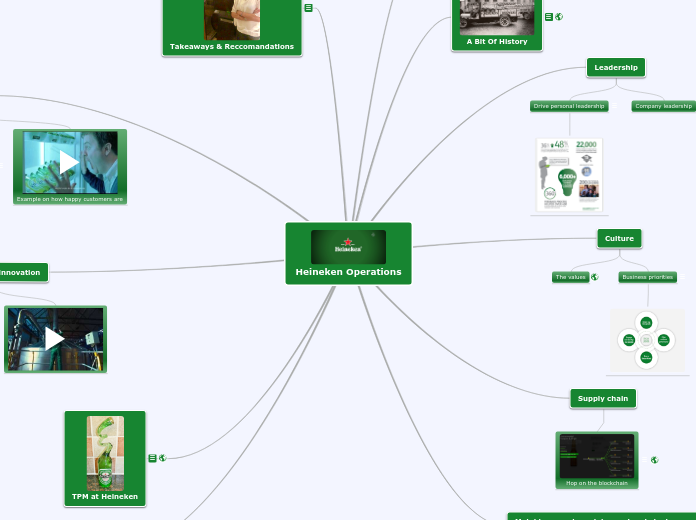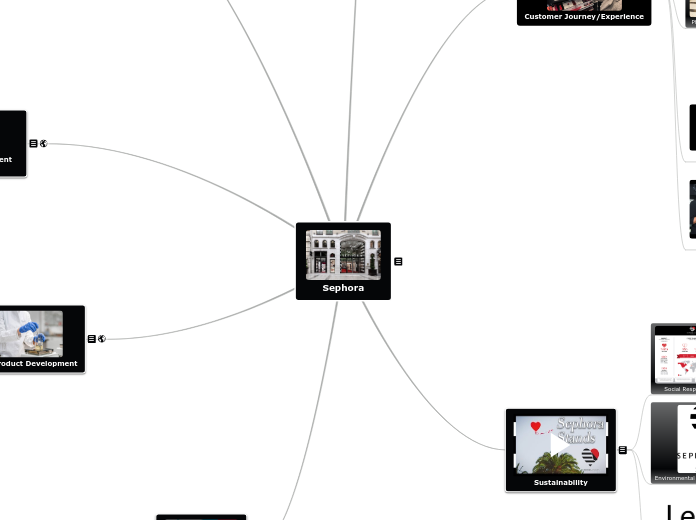Sustainability
Sustainability School at Lagos
Guiding Vision
1. To define sustainability as it relates to our immediate environemnt taking into consideration the global contex.
2. To identify measurable sustainable development indicators that will align with that of the Millenium Development Goals (MDGs).
3. To ameliorate challenges resulting from limitations of the public sector in achieving optimal well being for future generations
4. Given that median age in Nigeria is 17.9 years, to provide present and future generations with relevant tools for economic empowerment through education.
Shared value
Public sector
Leadership
Effective Communications
Key issues in Nigeria with regards to sustainability:
1. Sustainability as a subject is yet to be embraced and understood
2. The private sector through the UNGC and the GRI are struggling to devlop local understanding and processes around sustainabilty
3. Although there are a few public sector structures in place, there is little evidence of proper understanding of the wholistic definition of sustainability
4. There is therfore a need for a convergence institution that will be tasked with the responsibility of identifying public/private overlapping interests and effectively communicating same.
Advocasy
Business case
Culture
Strategy
Strategy as indicated here defines the mission that captures the processes, including the essential elements that required for achieving the goals set for the Sustainability School at Lagos
Branding
Offerings
Essential Considerations
The SSL will consider the underlying social, economic and environmental system as a whole informed by issues as they exist in Lagos, Nigeria, and the the West African region.
The need for the private sector to be more involved in shaping public policy through advocacy to drive sustainable development
The need for the private sector to seek and develop innovative ways to solve public health and environmental challenges. Poor sanitaion, uncontrolled industrial effluent, and air pollution are the main causes of communicable diseases in the region. This challenge is further heightened due to massive rural to urban migration that along with increase in non-communicable diseases puts additional stress on limited resources
To take advantage of the young and vibrant population to drive sustainable development through entrepreneurship, innovation and technology.
Center for Innovation and Technology
Center for Health and Environment
Kuramo Center for Policy Advocasy and Development
Human Resource
Youth involvement
Funding
Tuition
Projects
Private Sector
Public Sector
Development Agencies
Policy
Global Context
Subtopic
Business Council for Sustainable Development Nigeria
Carbon Emissions
Global Reporting Initiative
UN Global Compact
Anti-corruption
The Environment
Labor
Human Rights









